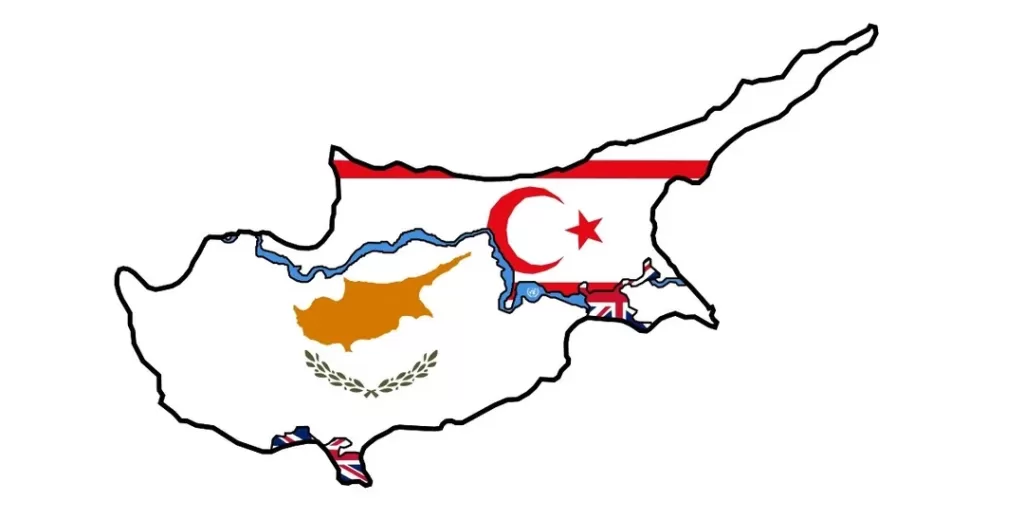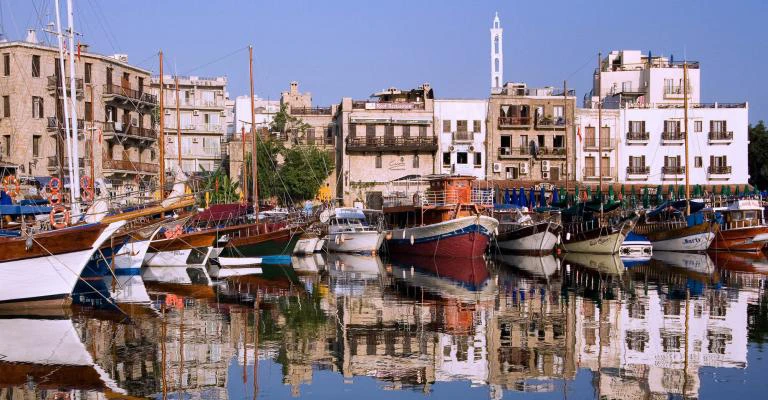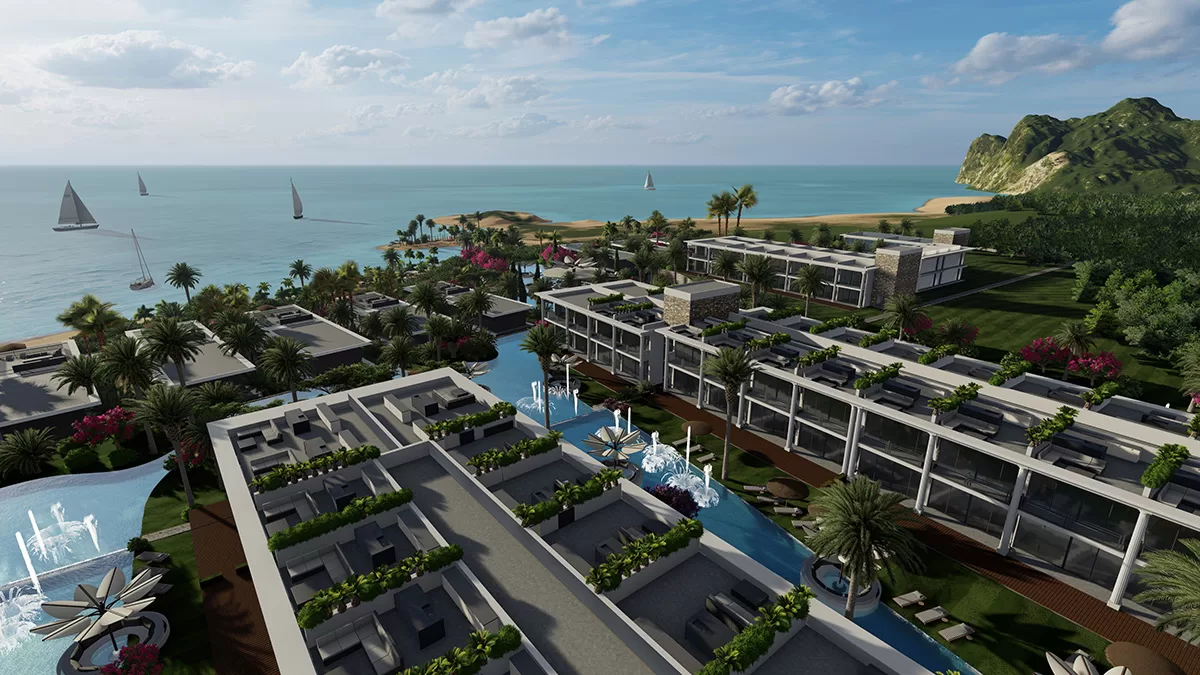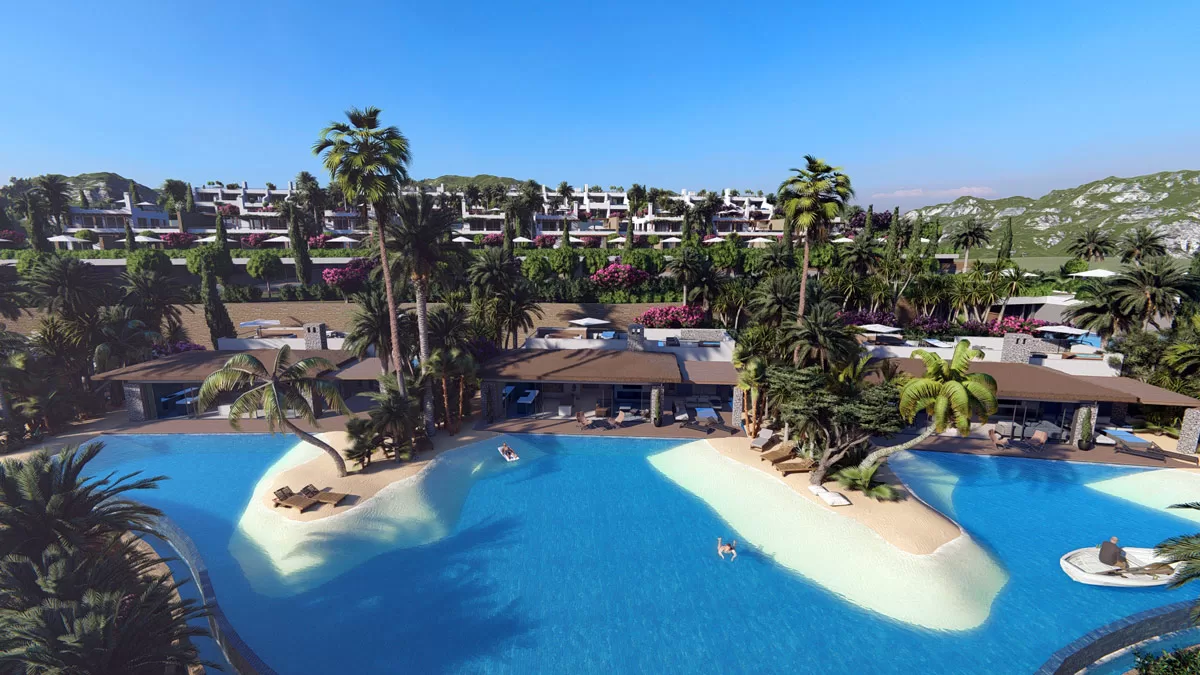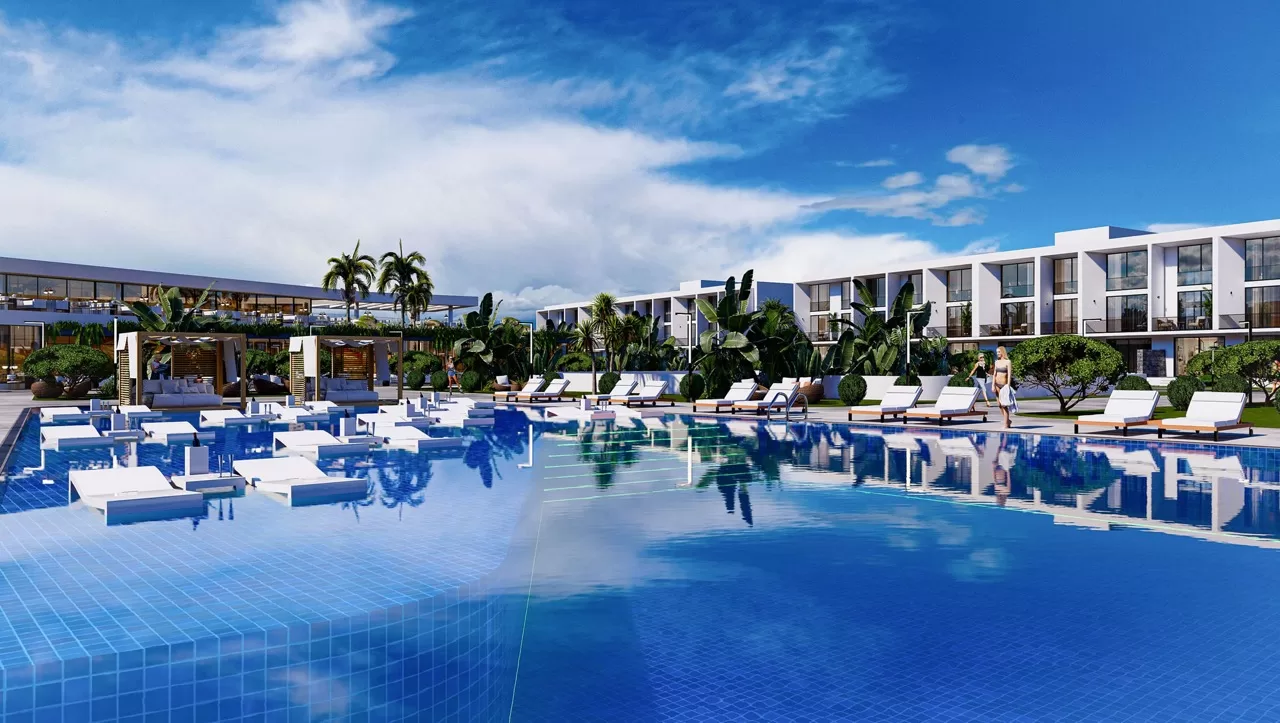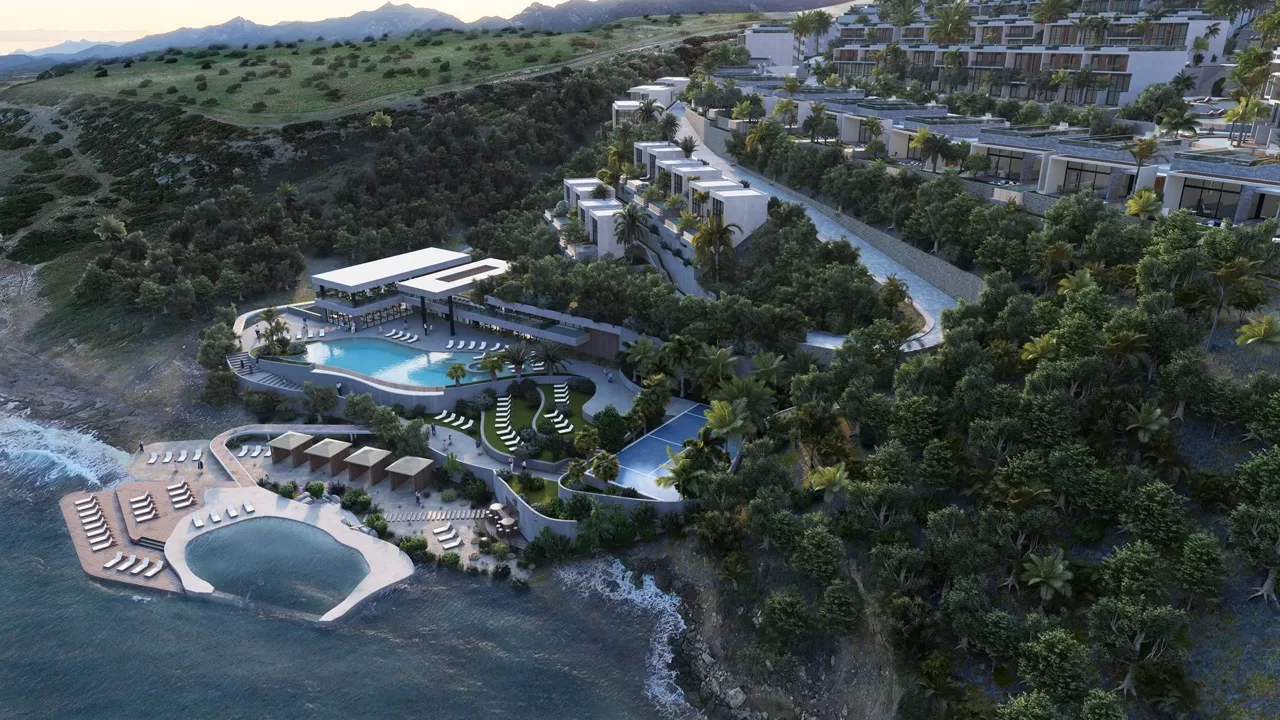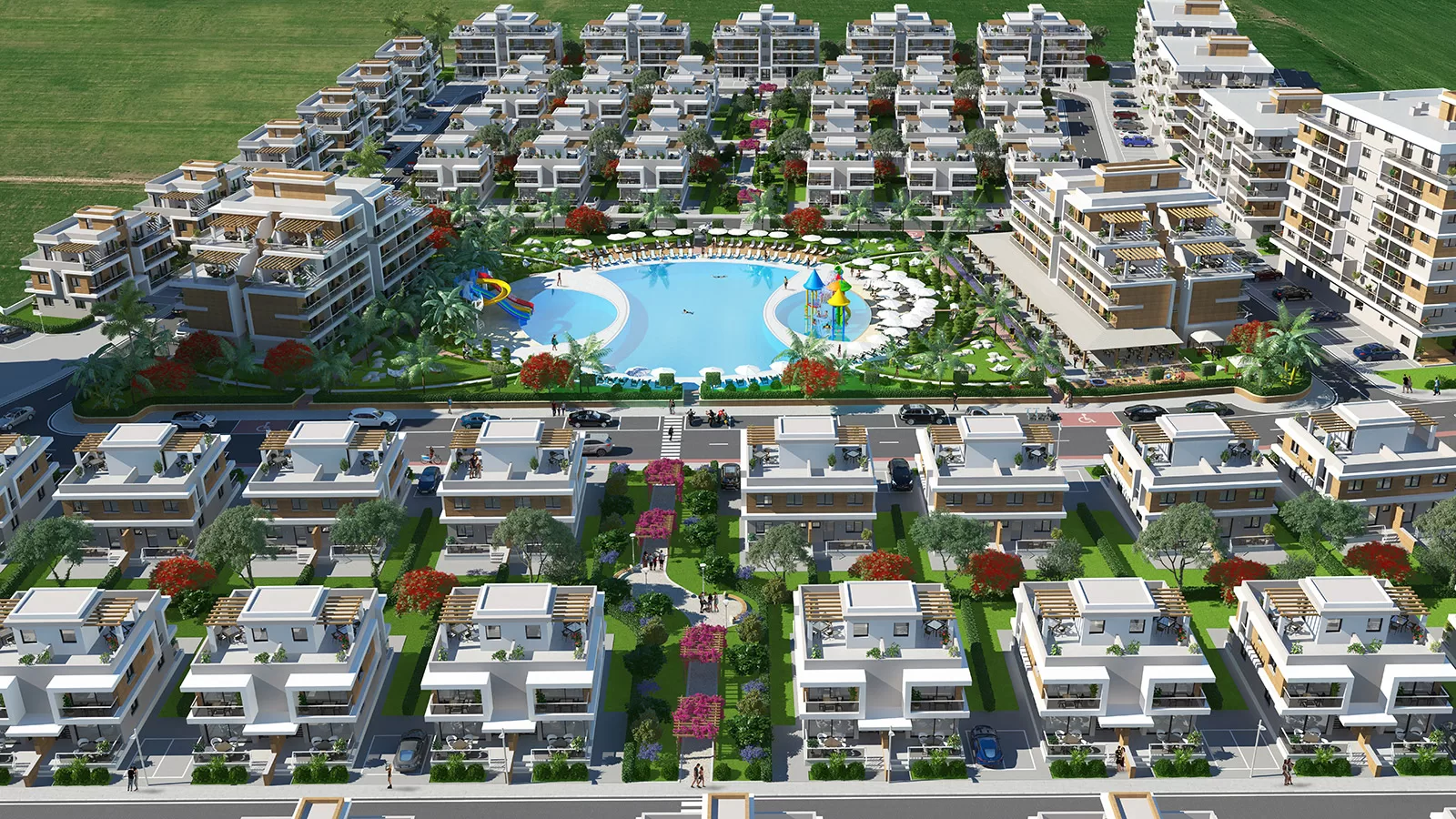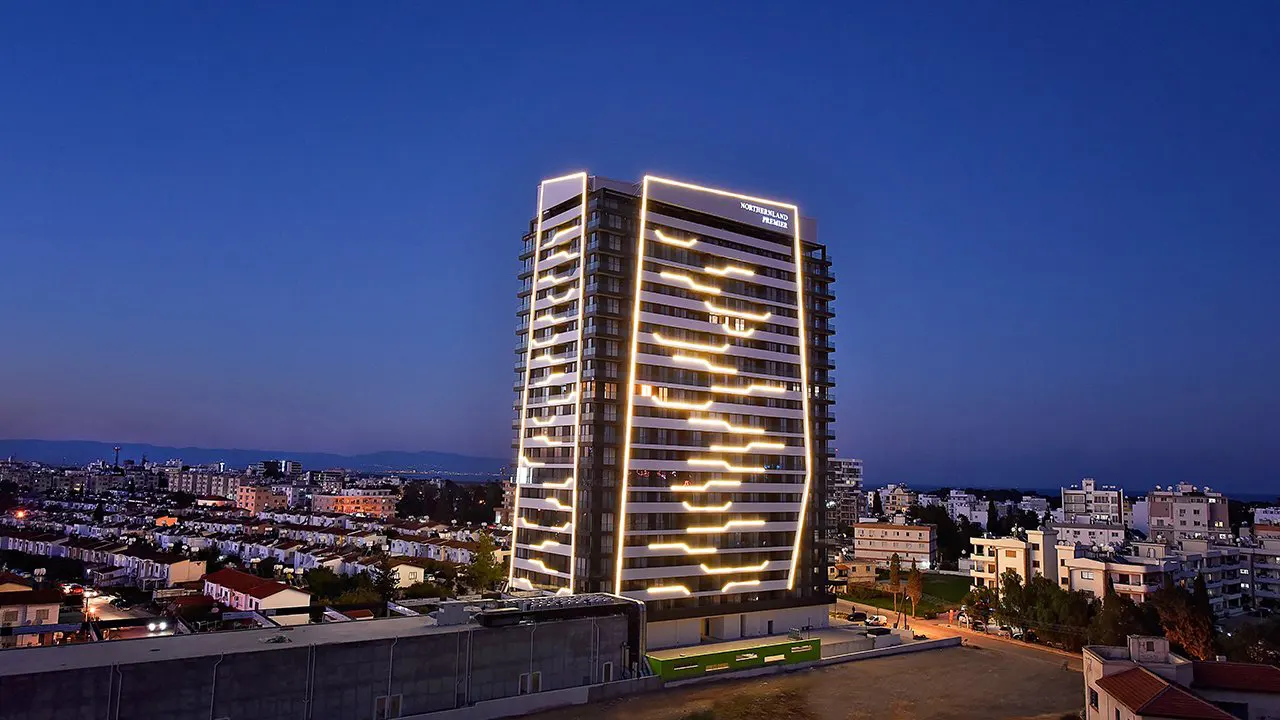Political and social situation of Northern Cyprus: This article deals with the political and social situation of this region.
The Mediterranean island, whose independence has not yet been confirmed, has long been the subject of controversy. In this article, we examine the political situation in Northern Cyprus and analyze the current challenges and possible solutions that can shape the future of this region.
History of the political situation
Northern Cyprus has a rich and complex historical past that has determined its current political situation. The roots of this conflict can be traced back to 1974, when a military coup led by Greek Cypriot nationalists led to Turkish intervention and the subsequent partition of the island. The Turkish Republic of Northern Cyprus was established in the northern part of the island, while the Republic of Cyprus remained under Greek Cypriot rule. The bitter dispute led to the division of the island, with the international community recognizing the Republic of Cyprus as the legitimate state, while Turkey recognizes the Turkish Republic of Northern Cyprus.
The division of Cyprus was the result of a war that had a wide impact on the people of Northern Cyprus. This division caused economic problems and cut the social and cultural relations between the two communities. The political situation remains delicate, with ongoing negotiations and diplomatic efforts to find a solution that would reunify the island.
Governance structure and current politics
In Northern Cyprus, there is a unique political structure that reflects the complexity of the region. Turkish Cypriots have their own government led by a president. The President is elected through a democratic process and acts as a representative of the Turkish Cypriot community. The government consists of various ministries and departments that are responsible for different sectors of governance, including education, health, and infrastructure.
There is decision-making and policy formulation in Northern Cyprus. But the significant influence of the Turkish army cannot be ignored. The Turkish army has a considerable presence in Northern Cyprus and has played an important role in maintaining the stability and security of the region. This dual power structure has determined the political landscape and has had important effects on the overall governance of Northern Cyprus.
Major political parties and their ideologies
The political landscape in Northern Cyprus is very diverse, with several political parties representing different communities’ interests and ideologies. The two main political parties are the National Unity Party (UBP) and the Republican Party of Turkey (CTP).
Traditionally a conservative party, the UBP supports closer ties with Turkey and emphasizes the importance of Turkish Cypriot identity. In contrast, the CTP is a social democratic party that prioritizes the reunification of the island and seeks to strengthen cooperation between the two communities.
The Democratic Party (DP) and the People’s Party (HP), as other political parties, play an important role in shaping the political environment. These parties represent a range of ideologies, from nationalist to moderate, and their positions differ on key issues facing Northern Cyprus.
The political landscape in Northern Cyprus is not without its share of challenges and conflicts. One of the primary issues is the lack of international recognition of Northern Cyprus. The Republic of Cyprus has diplomatic relations with several countries, while the Turkish Republic of Northern Cyprus is only recognized by Turkey. This limited recognition poses significant diplomatic challenges and hampers North Cyprus’ ability to engage in international trade and cooperation.
One of the important issues is land disputes between two communities. The division of the island has displaced thousands and created a deep sense of frustration and hostility between Greek Cypriots and Turkish Cypriots. Attempts at peace and reunification have faced numerous obstacles, including differing interpretations of historical events and competing claims to land and assets.
International recognition and diplomatic challenges
The political situation in Northern Cyprus is further complicated by the lack of international recognition. While the Republic of Cyprus is a member of the European Union and has diplomatic relations with several countries, the Turkish Republic of Northern Cyprus is only recognized by Turkey, raising questions about the validity of the Northern Cyprus passport.
The lack of international recognition of Northern Cyprus has far-reaching consequences. This reduces its ability to engage in international trade and cooperation, limits its access to financial and international support, and restricts the free movement of its citizens. Also, the lack of diplomatic recognition increases political tensions between the two communities and complicates efforts for peace and reunification.
Economic effects of the political situation
The political situation of Northern Cyprus has had major economic effects on the region. The division of the island has led to economic heterogeneity, and the Republic of Cyprus enjoys more economic growth and investment than Northern Cyprus. The lack of international recognition and limited access to global markets have hindered economic growth in Northern Cyprus, leading to high unemployment rates and limited opportunities for its citizens.
Efforts have been made to deal with these economic inequalities. The Turkish government provides financial aid to Northern Cyprus and supports infrastructure development and investment projects. However, achieving sustainable economic growth remains a major challenge that requires financial support, an appropriate political environment, and increased international cooperation. In the future, if you are looking for investment in North Cyprus, you can refer to the article Investment in North Cyprus 2024 published in Zahorian Investment Company and get more information about investment in this country!
Social and cultural influences
The political situation in Northern Cyprus has had far-reaching effects on their communities and culture. The division of the island has caused communities to separate and minimize interaction and communication between Greek Cypriots and Turkish Cypriots. This has led to the preservation of different cultural identities and the creation of independent educational systems and widened the distance between the two societies.
In the wake of social and cultural divisions, efforts have been made to establish peace and reunification. Cultural exchange programs, peace education efforts, and inter-community dialogues have played an effective role in strengthening mutual understanding and promoting peaceful coexistence. Nevertheless, the social and cultural consequences of the political situation are still complex and require continuous efforts to overcome it.

